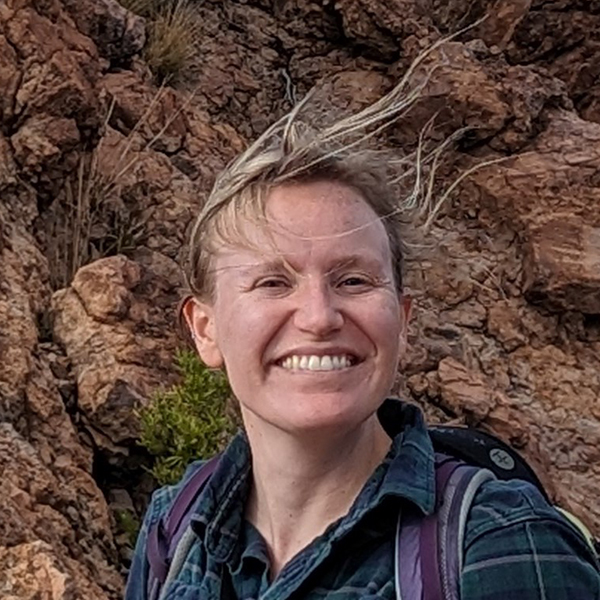
Greta Schmidt
Program: Joint Doctoral Program in Ecology
Date: Friday, September 6, 2024
Time: 10:00 am
Location: Donald P. Shiley BioScience Center Gold Auditorium
Zoom: https://SDSU.zoom.us/j/84027660756
Committee Members
- Dr. Rebecca Lewison, Chair, SDSU
- Dr. Kevin Hovel, SDSU
- Dr. Justine Smith, UC Davis
Abstract
Ecology aims to understand the links between processes and patterns in the natural world. Scale plays an integral role, because processes at one scale, large or small, can shape patterns observed at disparate scales. Ecological research typically considers scale in terms of space, time, and biotic organization, and across these three dimensions no single scale provides a definitive lens through which to consider any given ecological phenomenon. This is because the motivations of the observer inform which scales are meaningful. In particular, the diverse goals set by wildlife conservation and management efforts can cover a wide range of scales in space, time, and organization.
Modern conservation faces the challenge of maintaining biodiversity and ecosystem function amid widespread habitat alteration and climate change. The challenge is intensified in arid environments, where resources are scarce and ephemeral in space and time, and plants and animals are often existing at their physiological limits for factors like temperature and water. Wildlife conservation in arid environments can benefit from strategies that increase species’ resilience, providing the opportunity to adapt as changes occur. Effective approaches include protecting habitats that serve as climate refugia or facilitate movement, increasing permeability for mobile species, supplementing critical resources, and undertaking captive breeding, reintroduction, and translocation of particularly vulnerable species.

